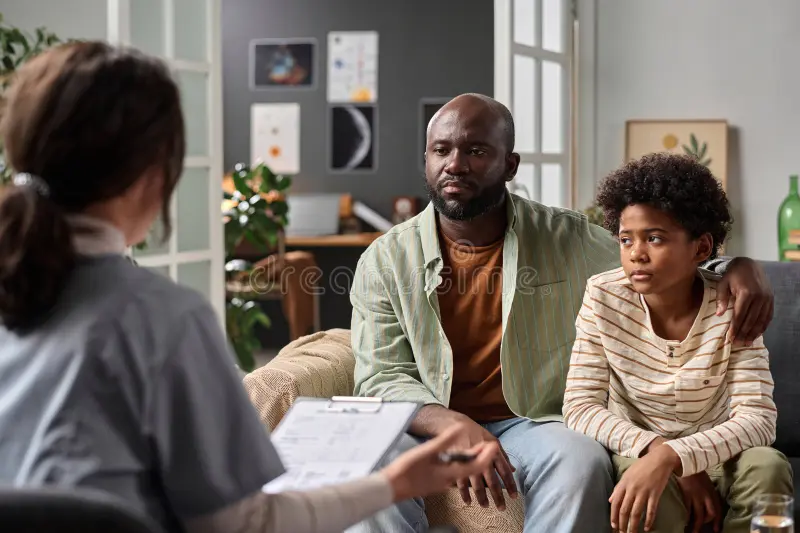24/7 Helpline:
(866) 899-221924/7 Helpline:
(866) 899-2219
Learn more about PTSD Treatment centers in Loveville
PTSD Treatment in Other Cities

Other Insurance Options

American Behavioral

GEHA

Absolute Total Care

Premera

WellPoint

Group Health Incorporated

BlueShield

UMR

WellCare Health Plans

EmblemHealth

Evernorth

Regence

Health Choice

ComPsych

MVP Healthcare

Holman Group

CareFirst

Magellan Health

Multiplan

Access to Recovery (ATR) Voucher













